
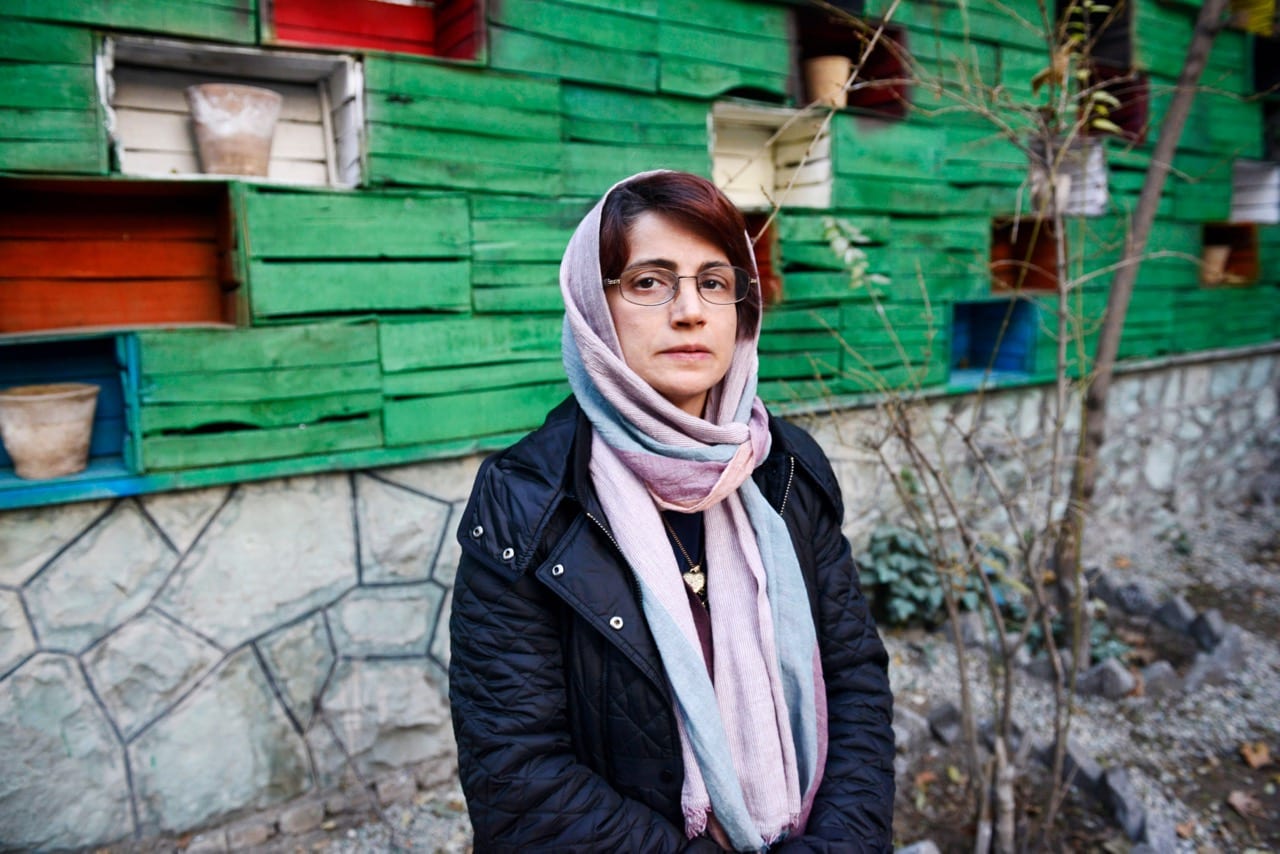
Prominent rights defender Nasrin Sotoudeh arrested in Iran
Sotoudeh has a long record of standing up for the human rights of Iranians, and her arrest has sparked concern from NGOs.
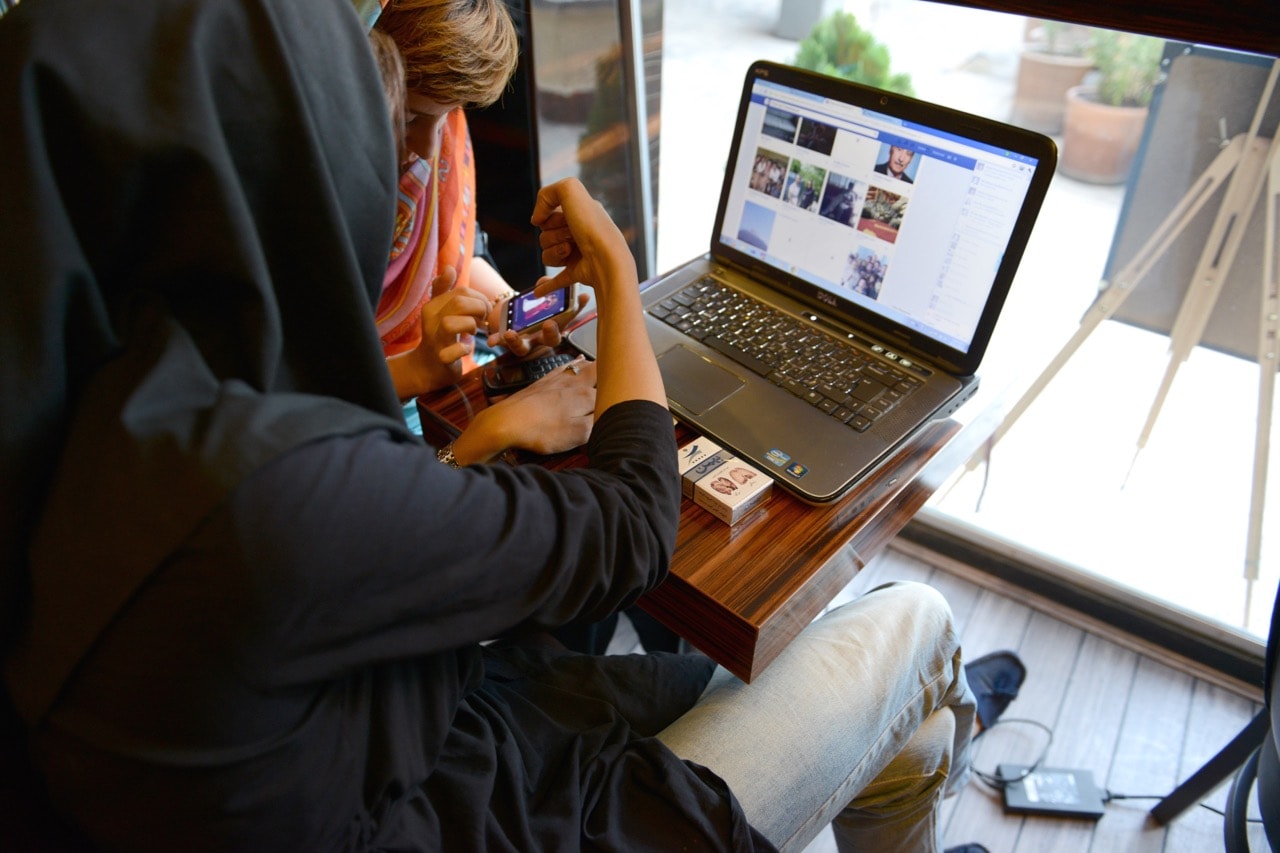
Telegram channel creator could get death penalty for “insulting the Prophet”
Hamidreza had created a Telegram channel where anyone could post her/his views; the IRGC held him responsible for everything others had written.

Iran: Block on Telegram is a blow to freedom of expression
Serving an estimated 40 million Iranians, Telegram is crucial to accessing information in the country and must be unblocked.
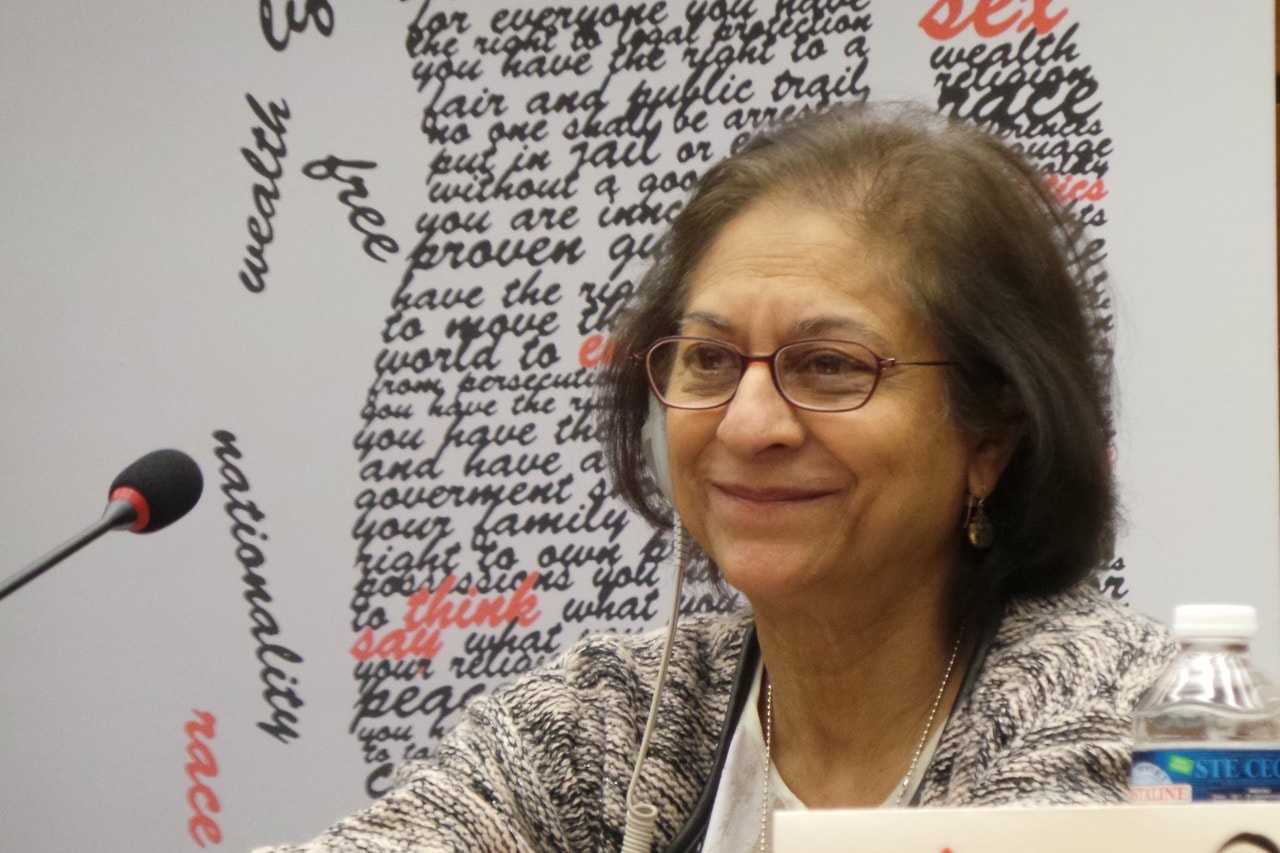
Iran: Increased support for UN human rights scrutiny needed amid crackdown on dissent
ARTICLE 19 calls on States at the UN Human Rights Council (HRC) to stand with Iranians and civil society in calling for immediate reforms to protect freedom of expression and information in the country.
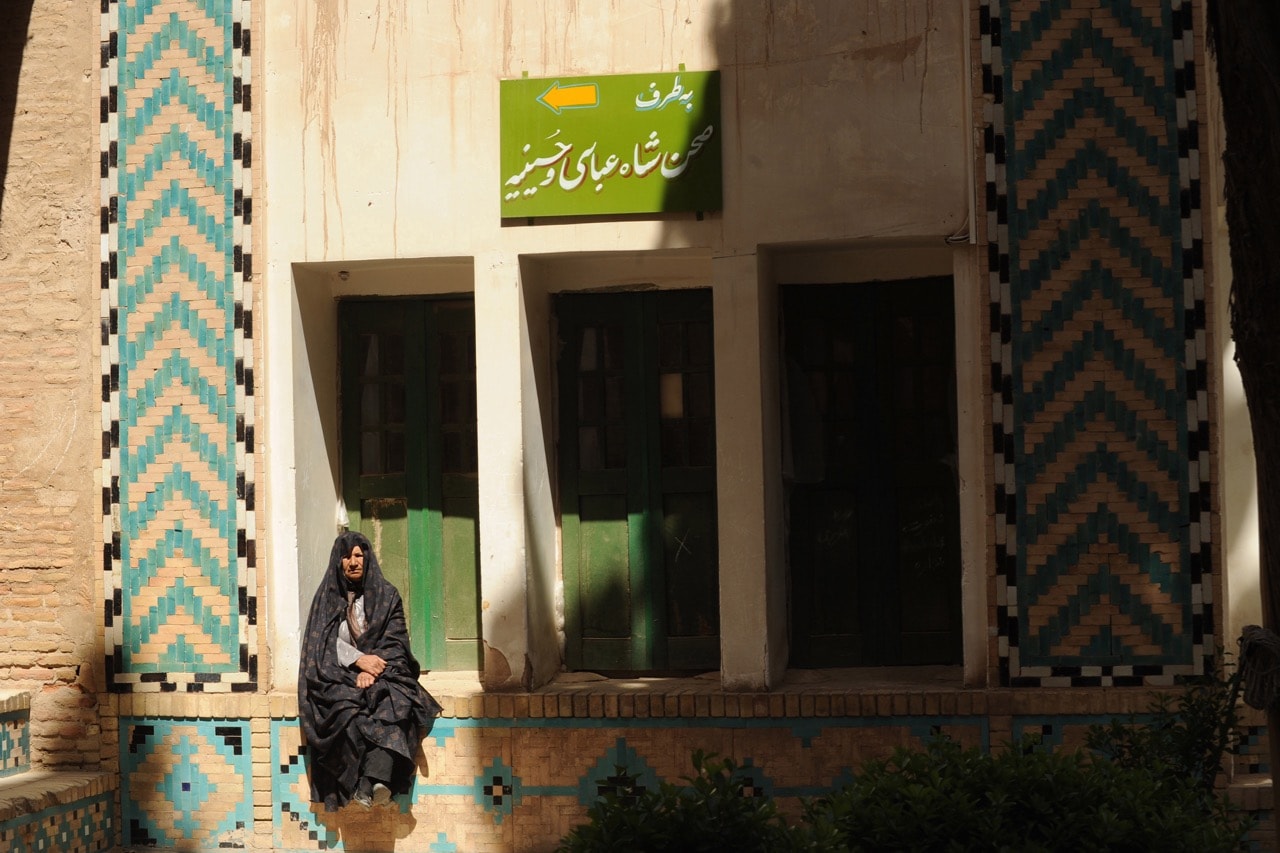
Two Iranian journalists arrested, beaten, now reportedly in a coma
Witnesses say Reza Entesari and Kasra Nouri were badly beaten and arrested on the night of 19 February. The authorities have not as yet issued any statement about their arrest.
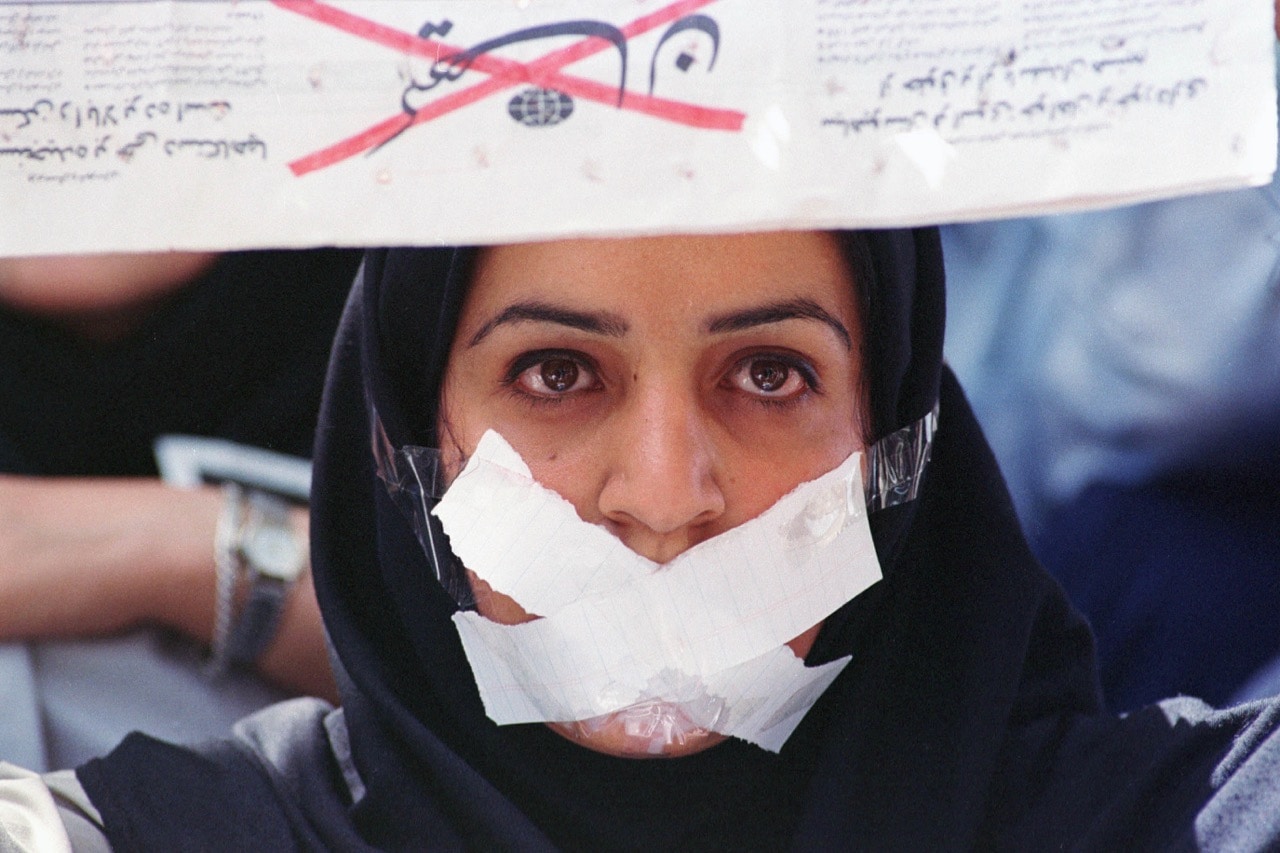
Revolution anniversary – 39 years of news control and censorship in Iran
On the 39th anniversary of the Iranian revolution, as young men and women protest in the streets, the Islamic Republic of Iran is trying to reinforce its news control both at home and internationally.
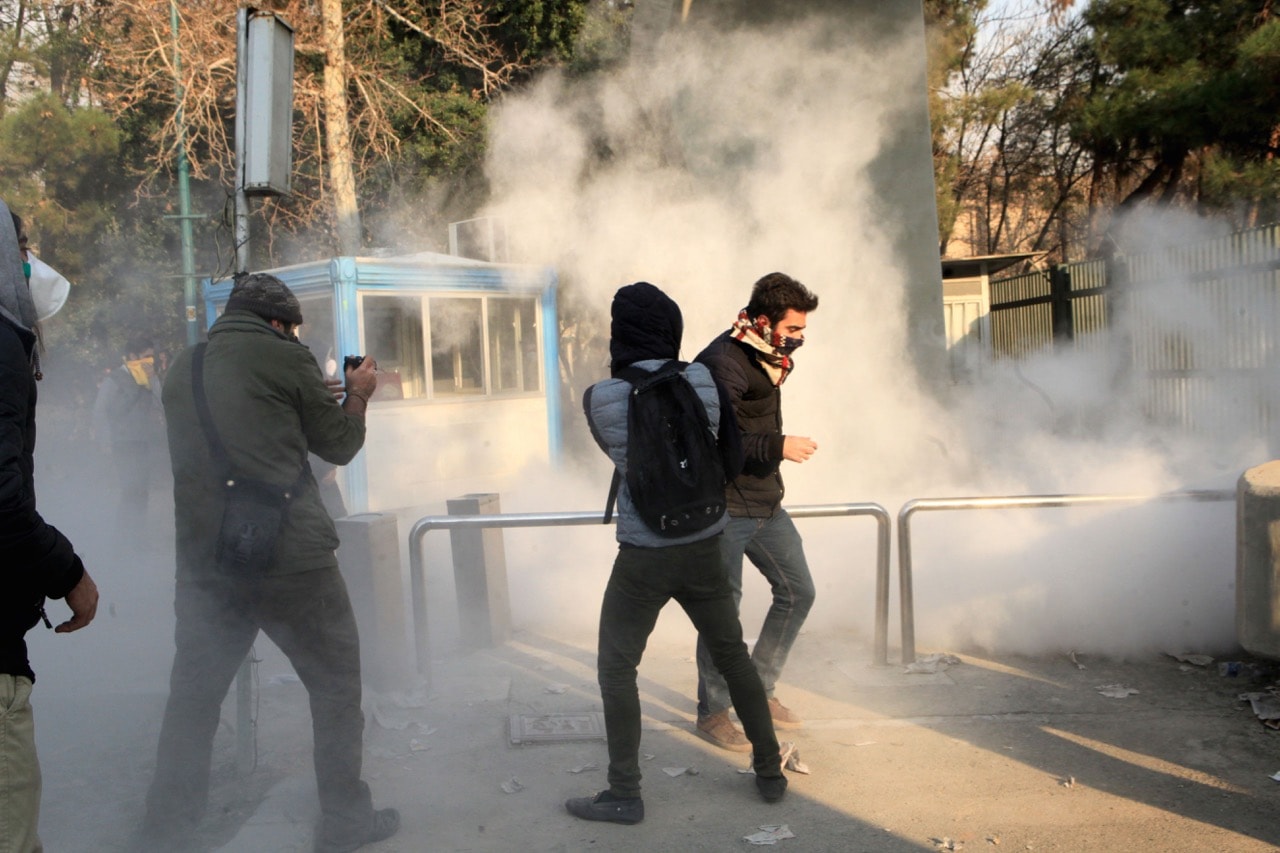
Iran goes after journalists to quell protests
In an effort to restrict information about protests taking place in about 60 cities around the country, the Iranian government moved against citizen journalists…and those who try to protect them.
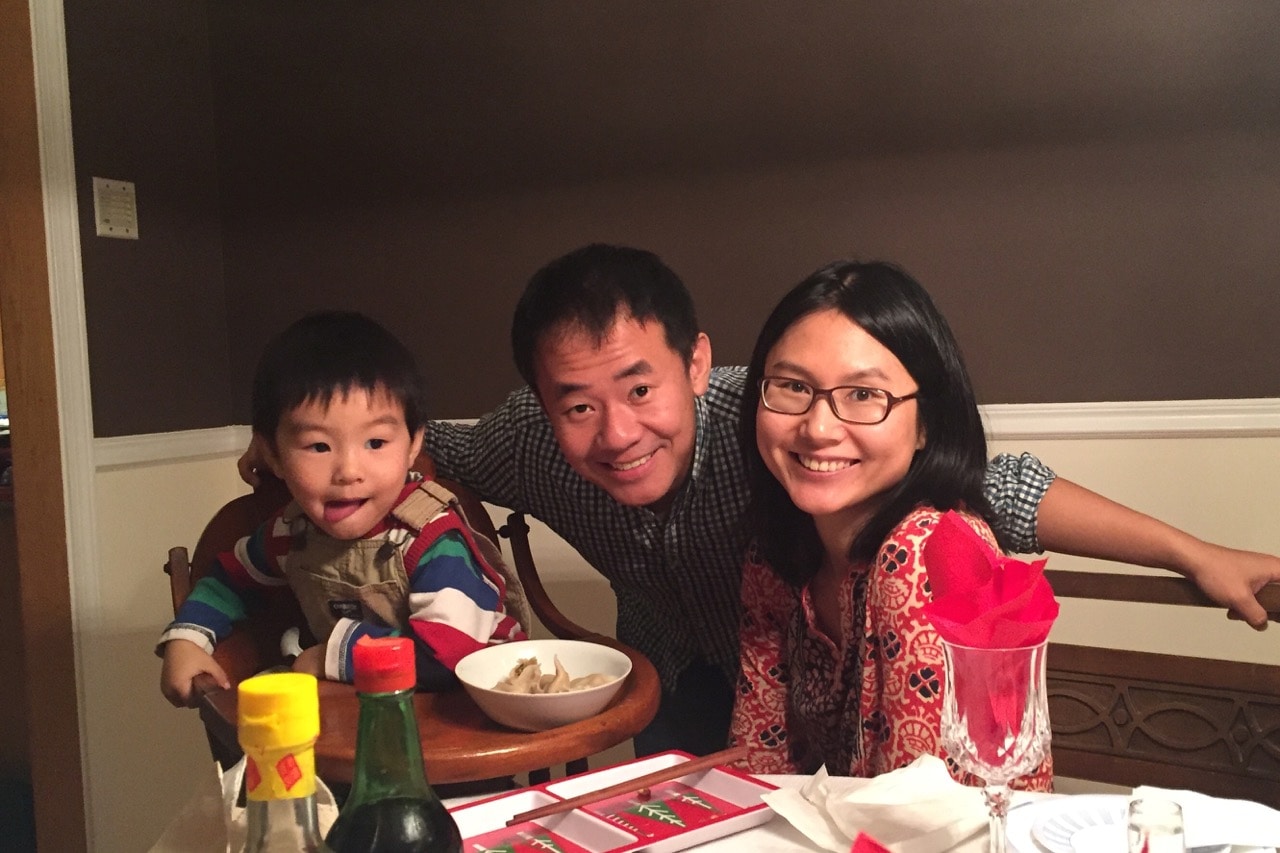
US citizen Xiyeu Wang serving 10-year term in Iran threatened in prison
Iranian authorities arrested Xiyeu Wang in 2016 and sentenced him to 10 years in prison for doing historical research on Iran’s Qajar dyansty.
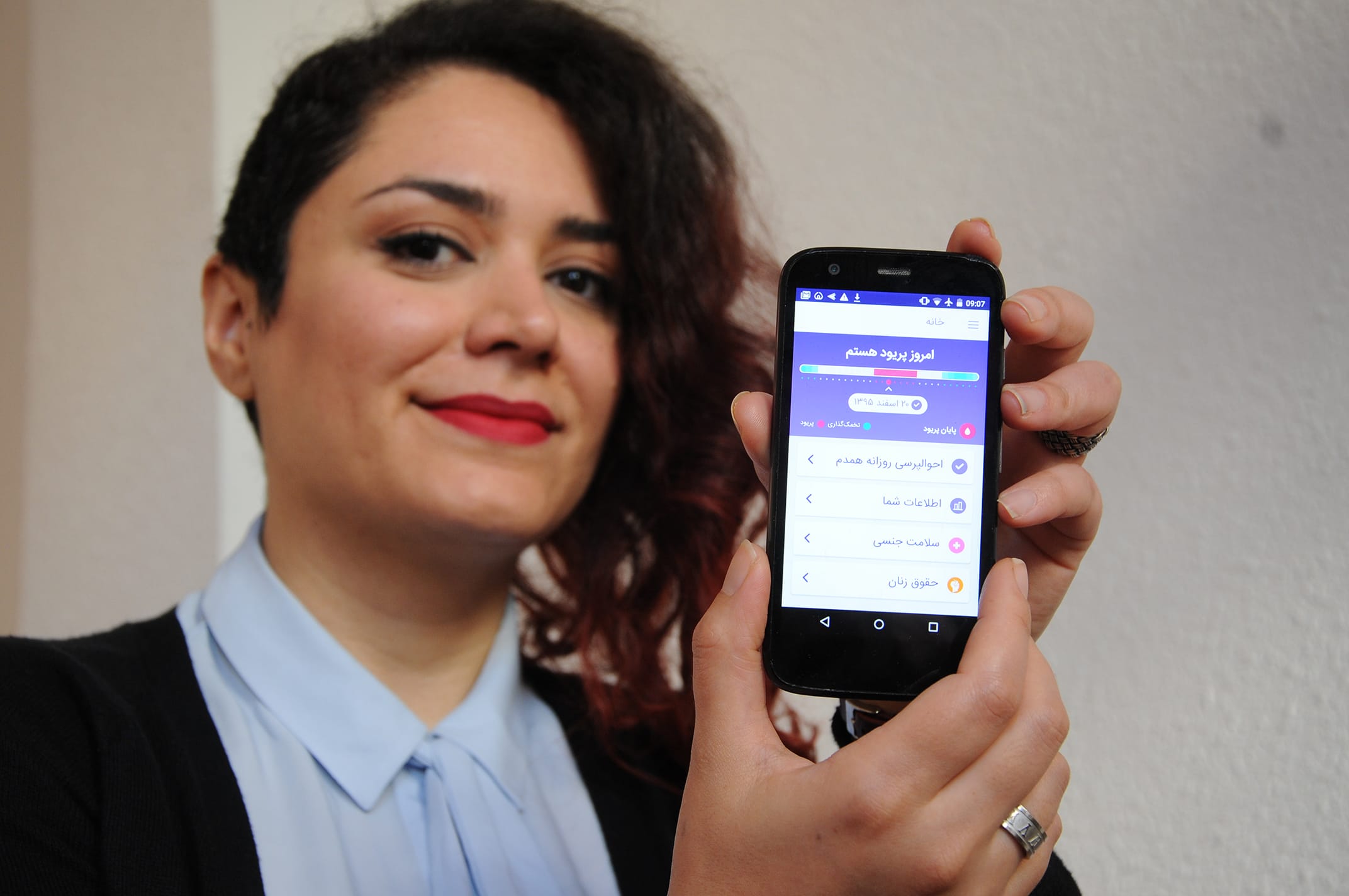
The Hamdam App: Breaking taboos and empowering Iranian women
Talking about women’s bodies in Iran remains taboo. But a new app, the brainchild of queer feminist Soudeh Rad, offers Iranian women a way to have more control over their sexual health…and their rights.
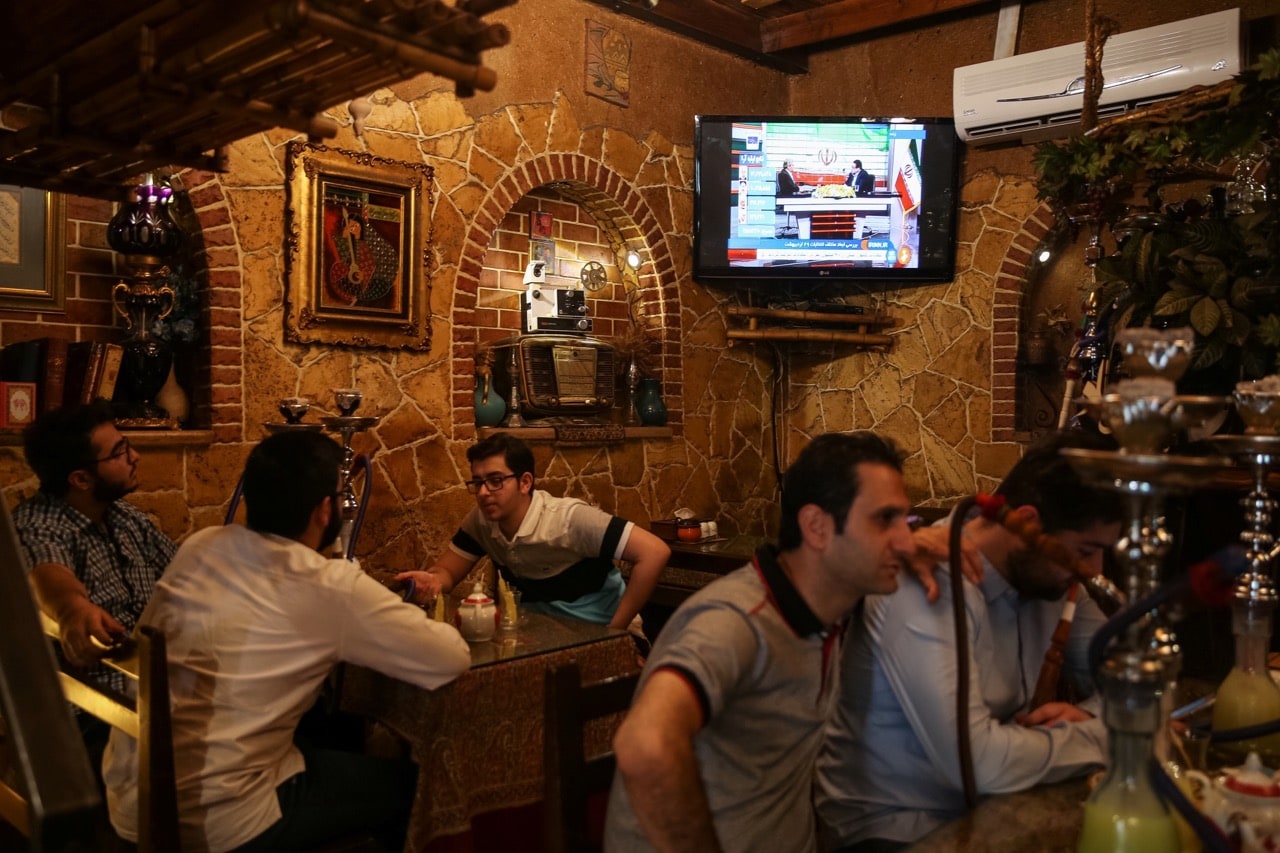
How Iran tries to control news coverage by foreign-based journalists
It is not just BBC Persian employees who are targeted. All international media outlets with Persian-language services are concerned, regardless of the country in which the media are based.
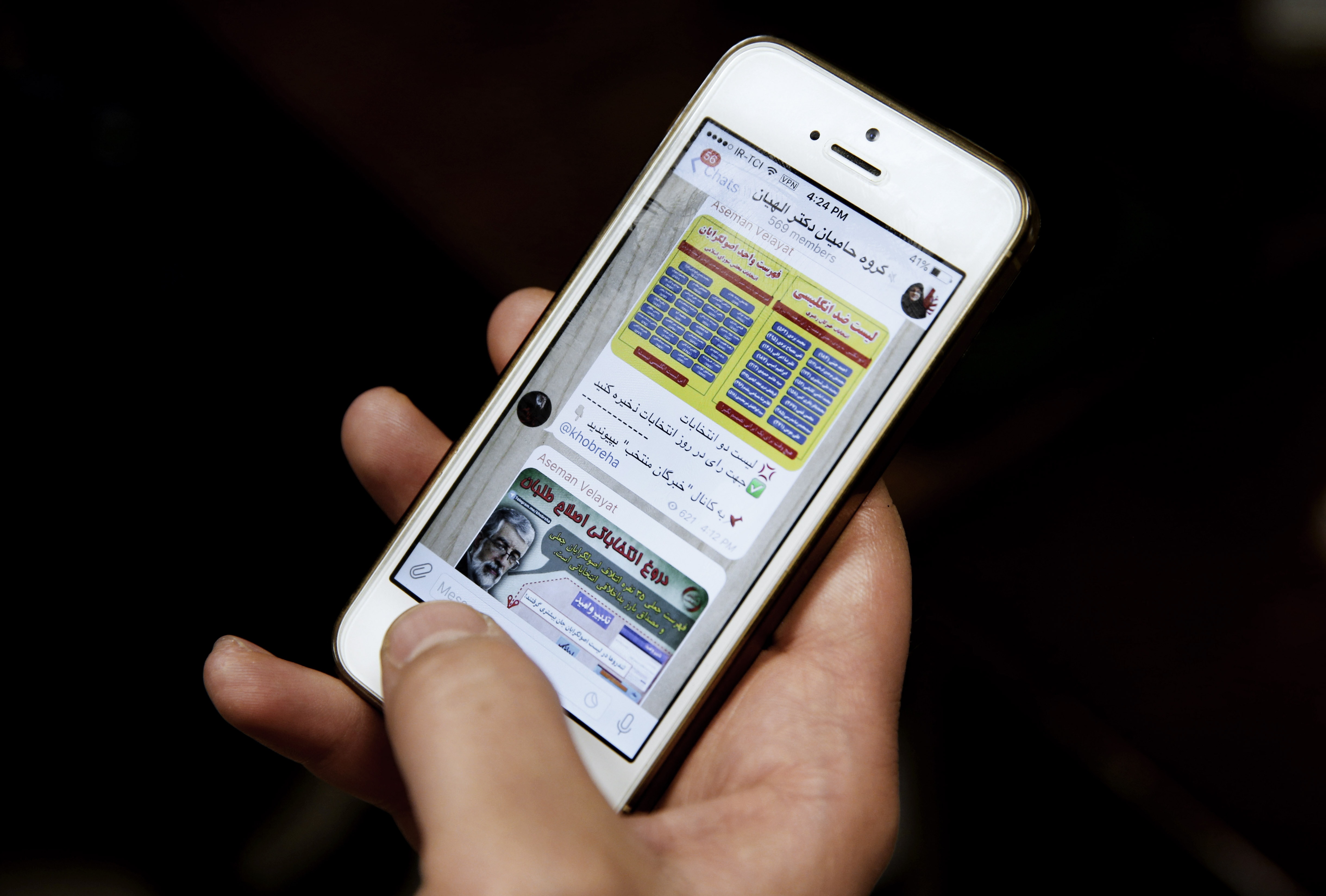
Citizen-journalists increasingly hounded by Iran
In Iran, an increasing number of journalists are falling victim to the war between government factions.
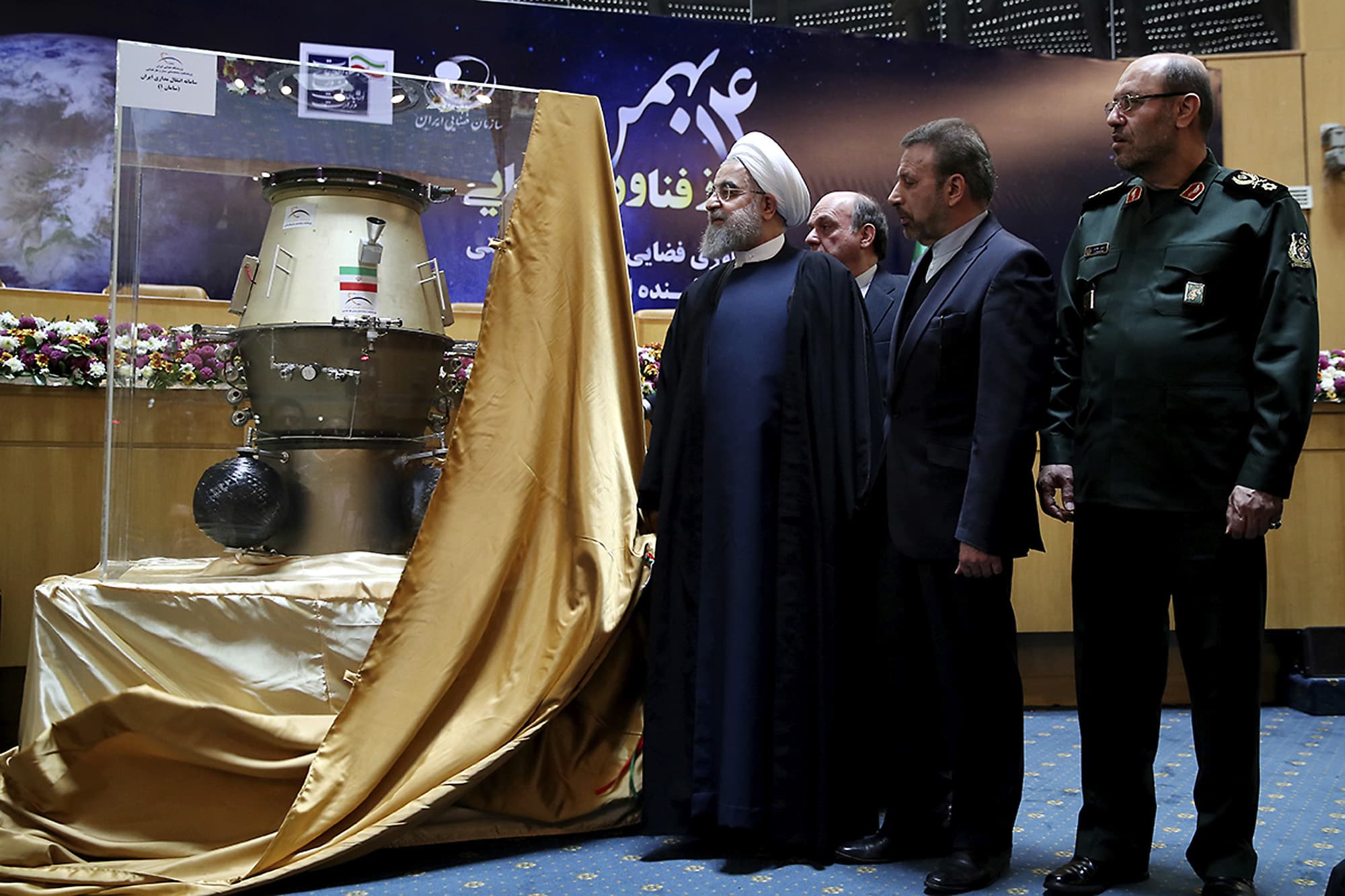
After campaigning on internet freedom, Iranian president’s ICT minister boasts of internet censorship
In his successful bid for re-election, Iranian President Rouhani touted his efforts to protect access to social media platforms in Iran. However, just a few weeks after his victory, his administration introduced new reforms that may further restrict Internet access.
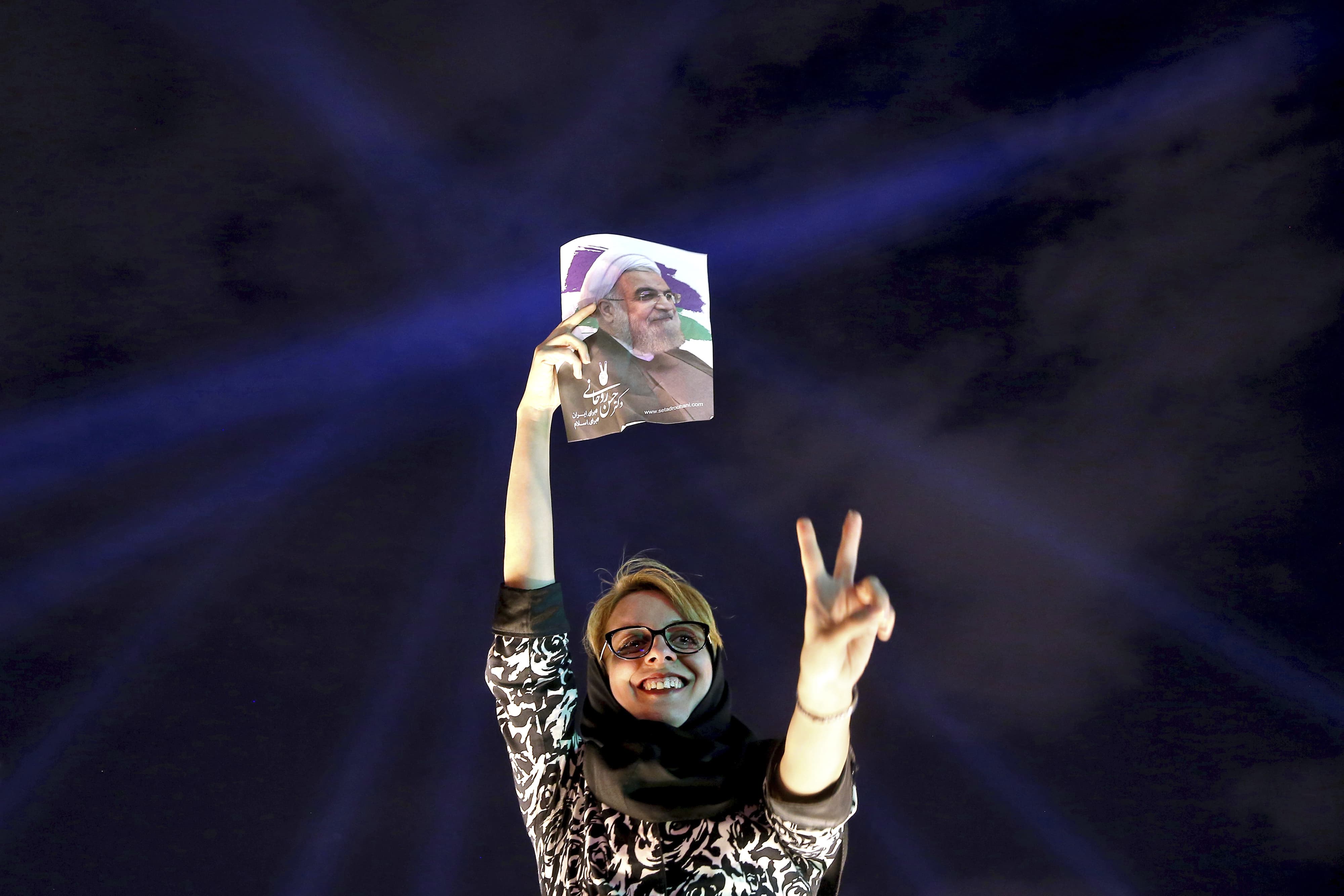
Iran’s re-elected administration must make rhetoric reality for free expression online
Following his re-election for a second term in Iran’s Presidential elections, ARTICLE 19 urges President Hassan Rouhani to take seriously this opportunity to address failures and gaps in guaranteeing the right to freedom of expression and access to information, particularly online.
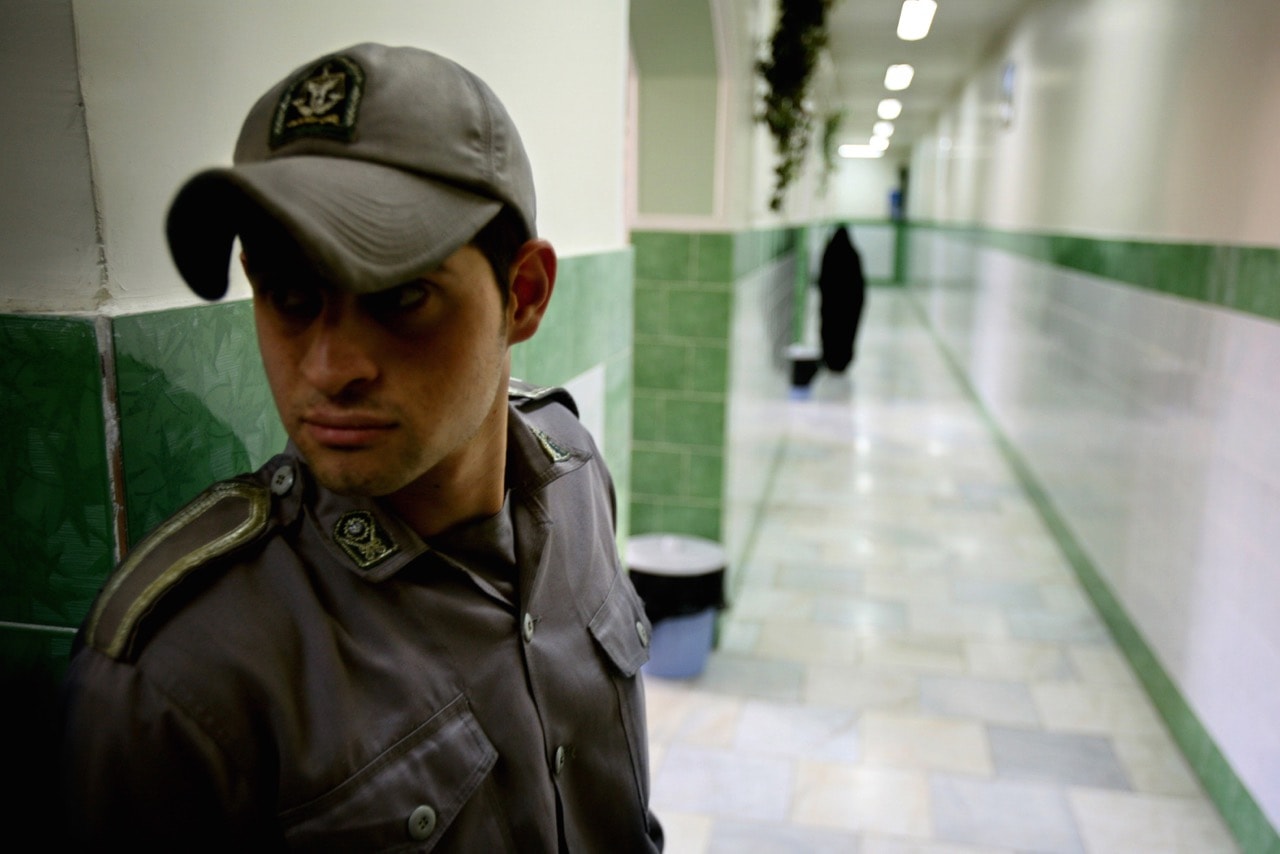
Hunger-striking Iranian journalist Hengameh Shahidi could die in detention
When arrested on 9 March, Shahidi told her mother she planned to go on hunger strike in protest against her detention and the pressure put on her to make her confess. On 10 May, she stopped accepting any form of food at all.
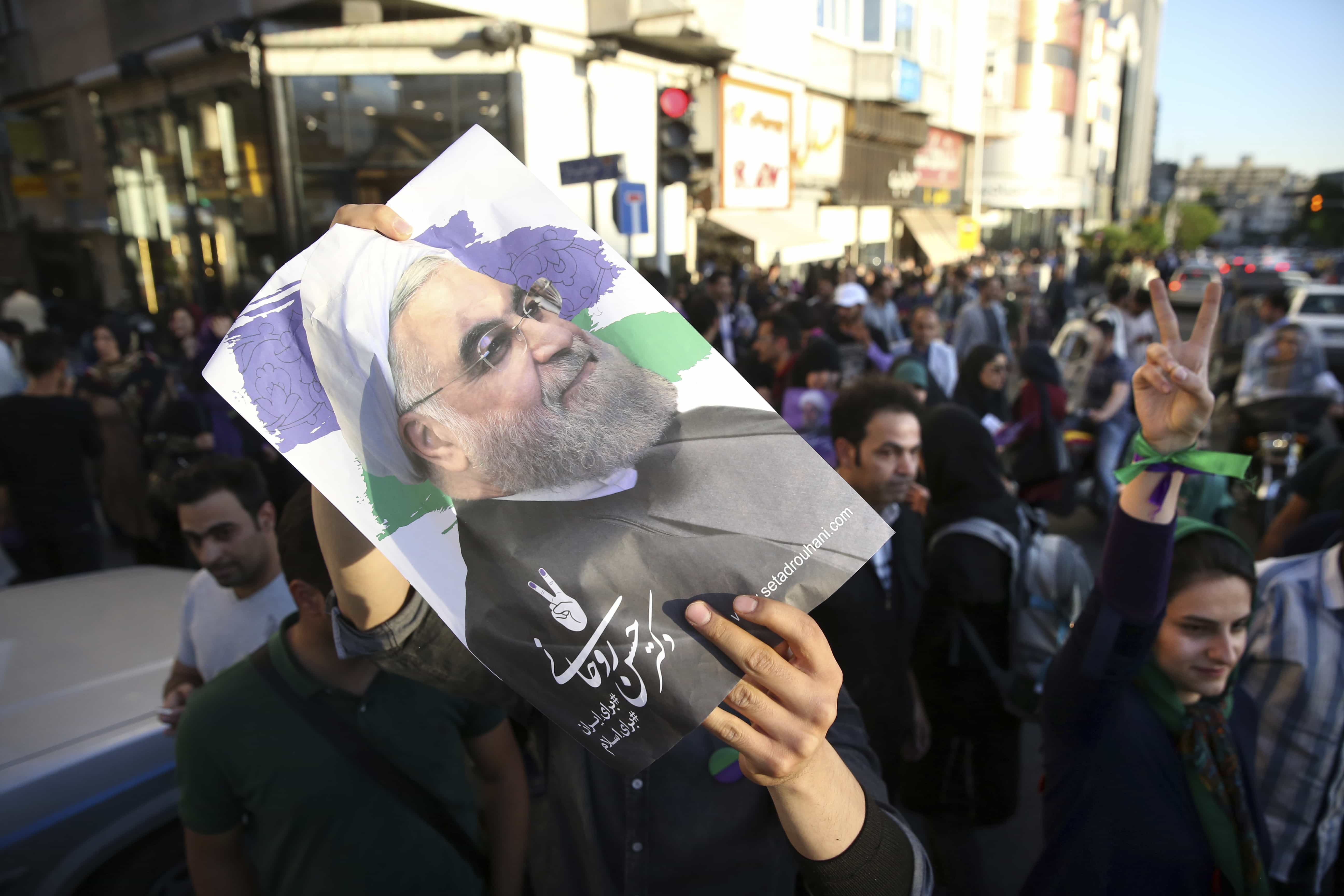
Iran deprives 55 million voters of freely reported news
With the campaign for the Iranian presidential election officially under way since 28 April, many obstacles = new and old – stand in the way of freely reported news and information in Iran.
![The Tehran Heart Centre, where journalist Issa Saharkhiz spent much of his sentence, pictured on 10 March 2007, Behrooz Rezvani [CC BY 3.0 (http://creativecommons.org/licenses/by/3.0)], via Wikimedia Commons](https://ifex.org/wp-content/uploads/2019/04/iran-tehran-heart-centre-wikimedia.jpg)
Iran frees Issa Saharkhiz then sentences him to one year in jail
The one year sentence was handed down the day after Saharkhiz was released from jail on a separate charge, according to the journalist’s son and his lawyer.